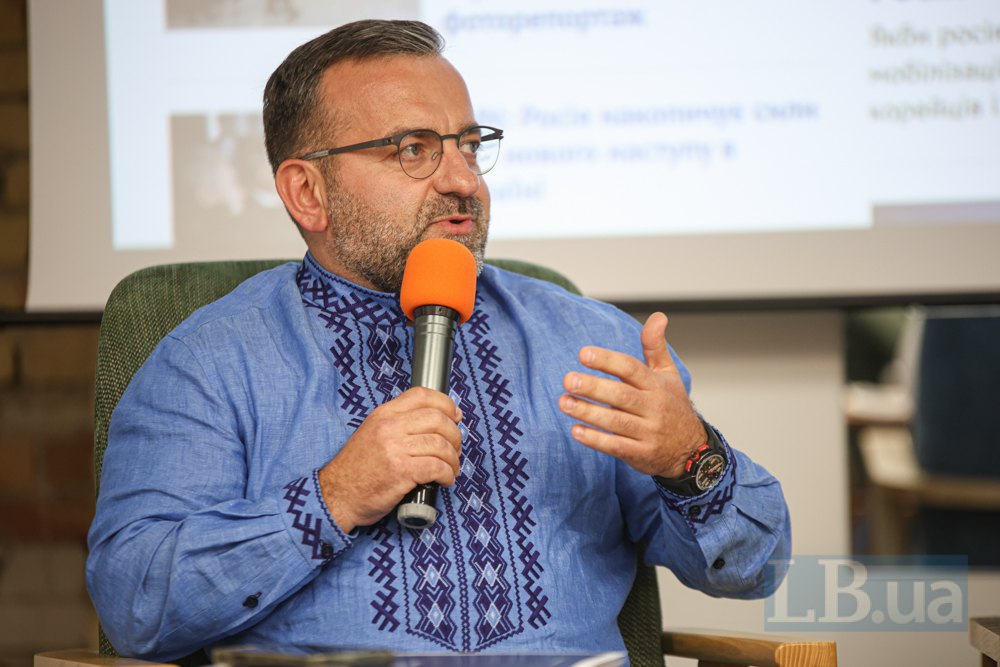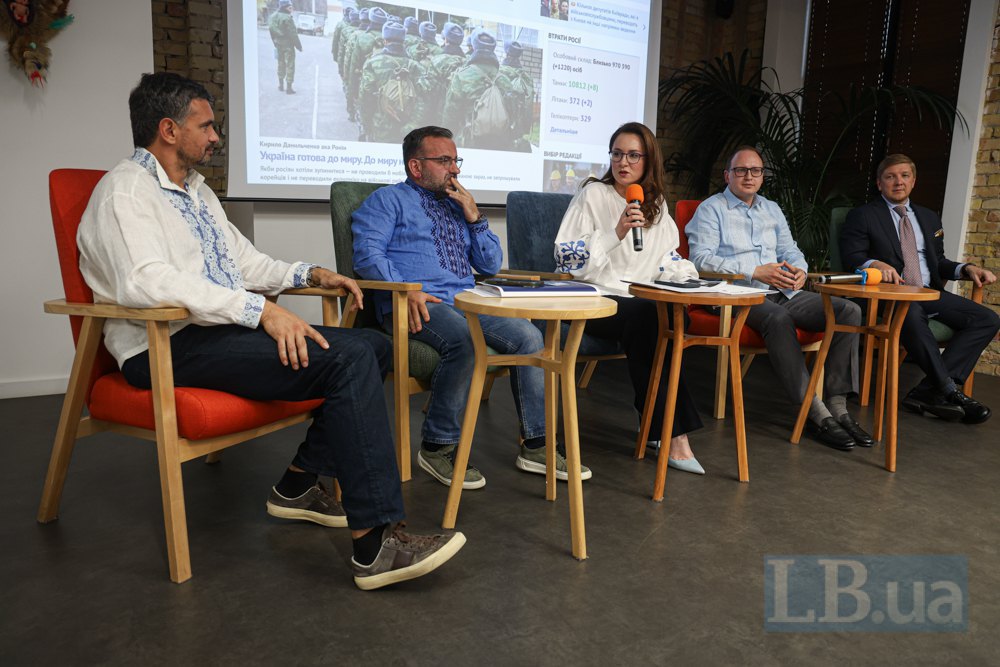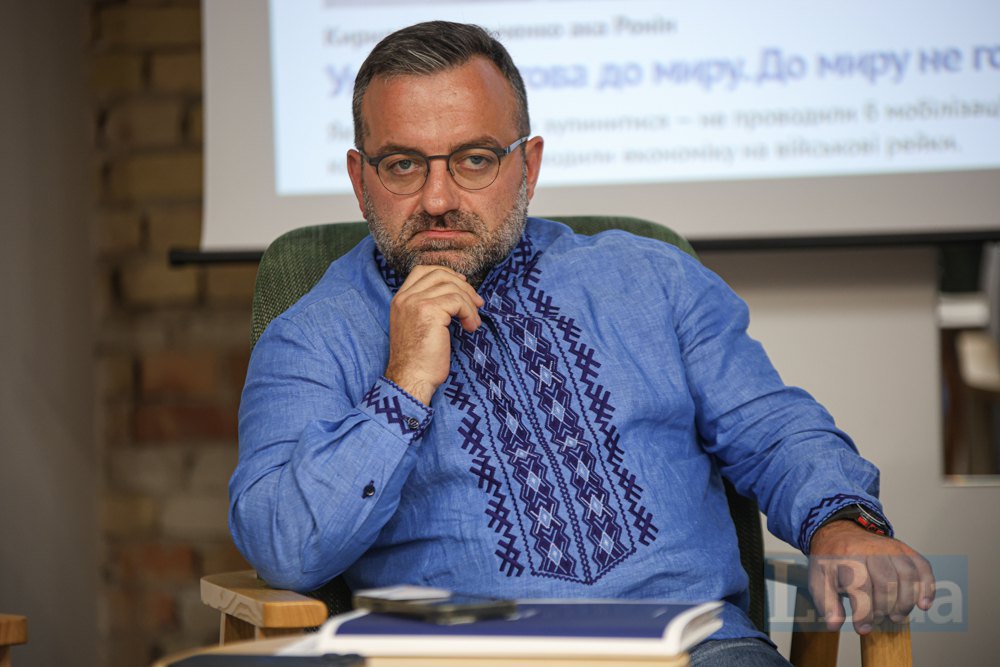
The critical materials sector is not limited to titanium or rare earth elements, Voytsekhovskyy said. It encompasses a list of minerals that varies in size from country to country. In the United States, the list contains 50 items – in the European Union, 34 – and it is expanding each year. In Ukraine, the list, approved by the National Security and Defence Council, includes between 30 and 38 materials. These lists are compiled on the basis that it is difficult to imagine the future economy functioning in certain sectors without them, the expert explained.
“If we talk about graphite, we are talking about batteries – batteries that currently depend 97% on supply from a single country: China. That is, any electric car contains at least 70 kilograms of spheroidised graphite, of which 97% is produced in China. This is why the United States and the European Union are deeply concerned and are trying to resolve the issue. It is not even primarily an economic concern, since the economic proposition of sourcing the material from China is, in fact, highly attractive.
“On the other hand, everyone wants to sell subscriptions – like Microsoft. Not the product itself, but the right to use it for as long as we continue to pay. Therefore, be prepared for a future in which the electric car operates on a subscription basis and runs only while the fee is paid – if it is manufactured by one dominant country. And this is precisely what is happening, because the current global situation shows that the scale of electric vehicle production in China is unmatched by any other nation,” Voytsekhovskyy stated.

Why Ukraine cannot develop valuable mineral deposits independently
Three key components are essential to launching the critical materials industry:
● Access to technology. Only a limited number of countries possess the necessary technologies, according to the expert – including the United States.
● Funding. “For example, the cost of a graphite mining and spheroidised graphite production project is around half a billion dollars. No business can finance this independently. Since Ukraine, unfortunately, has not been integrated into global liquidity flows – it is difficult to obtain affordable, long-term financing here, and this is the core issue – such projects have not been successful,” explains Serhiy Voytsekhovskyy.
● Access to markets. “You can finance a project and produce high-quality spheroidised graphite for a particular application, but you may not be able to sell it to anyone, because the market of buyers is limited. It primarily includes South Korea, China, the United States, and the European Union – and each of these has its own operational rules and principles,” the expert notes.
Prospects for Ukrainian mining
In the Ukrainian context, mining projects can be either existing or new. For instance, says Serhiy Voytsekhovskyy, there are both private and state-owned companies in the oil and gas sector, and they are technically capable of implementing additional drilling programmes to increase production. However, for various reasons – often a lack of investment – they do not pursue this. A newly established fund could potentially invest in such projects, the BGV Group Management representative says, but due to the lack of detailed provisions in the agreement, it remains unclear whether the fund will be able to work with non-new or, for example, currently non-producing projects.
Even with new projects, the situation is far from straightforward. In essence, these are start-ups that do not yet exist. For such initiatives to become viable projects, at minimum, a PFS – a prefeasibility study – must be conducted. This alone costs between $3 million and $10 million. The implementation period ranges from two to five years, depending on the pace of development, Voytsekhovskyy adds.

“Only foreign contractors will be able to undertake this work. In Ukraine, there are no specialists qualified to international standards who can account for reserves in accordance with JORC – the Australian standards for public reporting of mineral exploration results – or NI – the corresponding Canadian standards,” said the representative of BGV Group Management. “This work will be carried out by Canadian, Australian, German, and American companies that specialise in such processes. And they are currently in high demand, as the boom in critical materials and minerals is happening not only in Ukraine, but worldwide.”
Despite the challenges, Serhiy Voytsekhovskyy believes that the newly established international investment fund demonstrates both political and economic will to invest in Ukraine.
“The main manager of this fund on the American side will be the DFC – the U.S. International Development Finance Corporation,” he said. “This is a powerful, well-established, and highly experienced American state financial institution, with a strong track record in financing projects in countries such as Iraq, Georgia, and across South America – in various contexts and legal frameworks.
“They understand how to implement complex projects. The real question now is – do they need to? In my view, two key factors will determine this:
● Political. In my opinion, DFC is essentially a political organisation. If there is no mandate to engage with a particular jurisdiction, it simply will not do so. That is why this agreement was signed. Their role as administrator is a significant political signal – a message that cooperation with Ukraine is now on the table.
● Economic. DFC will likely provide long-term financing at low interest rates. If the structure takes the form of a fund, the terms may vary somewhat.
“If a given project demonstrates strong economic viability and aligns politically with the United States’ strategic vision for potential investment, I believe it will be able to attract funding,” Voytsekhovskyy concluded.








